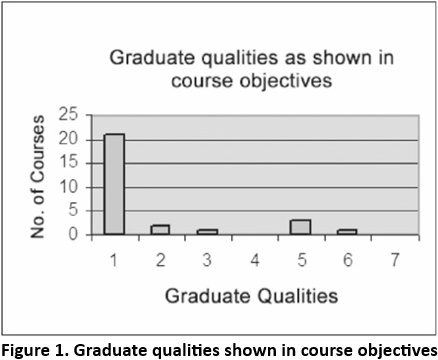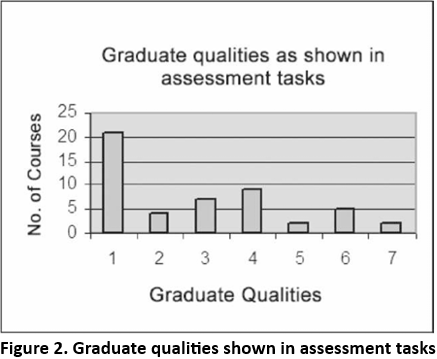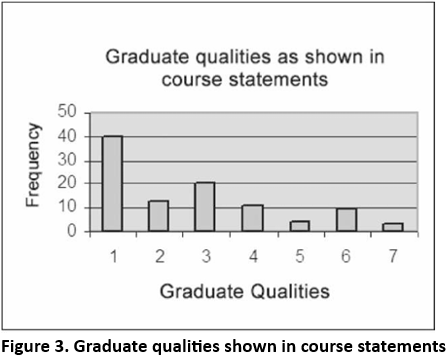

Grammar


Tenses


Present

Present Simple

Present Continuous

Present Perfect

Present Perfect Continuous


Past

Past Simple

Past Continuous

Past Perfect

Past Perfect Continuous


Future

Future Simple

Future Continuous

Future Perfect

Future Perfect Continuous


Parts Of Speech


Nouns

Countable and uncountable nouns

Verbal nouns

Singular and Plural nouns

Proper nouns

Nouns gender

Nouns definition

Concrete nouns

Abstract nouns

Common nouns

Collective nouns

Definition Of Nouns

Animate and Inanimate nouns

Nouns


Verbs

Stative and dynamic verbs

Finite and nonfinite verbs

To be verbs

Transitive and intransitive verbs

Auxiliary verbs

Modal verbs

Regular and irregular verbs

Action verbs

Verbs


Adverbs

Relative adverbs

Interrogative adverbs

Adverbs of time

Adverbs of place

Adverbs of reason

Adverbs of quantity

Adverbs of manner

Adverbs of frequency

Adverbs of affirmation

Adverbs


Adjectives

Quantitative adjective

Proper adjective

Possessive adjective

Numeral adjective

Interrogative adjective

Distributive adjective

Descriptive adjective

Demonstrative adjective


Pronouns

Subject pronoun

Relative pronoun

Reflexive pronoun

Reciprocal pronoun

Possessive pronoun

Personal pronoun

Interrogative pronoun

Indefinite pronoun

Emphatic pronoun

Distributive pronoun

Demonstrative pronoun

Pronouns


Pre Position


Preposition by function

Time preposition

Reason preposition

Possession preposition

Place preposition

Phrases preposition

Origin preposition

Measure preposition

Direction preposition

Contrast preposition

Agent preposition


Preposition by construction

Simple preposition

Phrase preposition

Double preposition

Compound preposition

prepositions


Conjunctions

Subordinating conjunction

Correlative conjunction

Coordinating conjunction

Conjunctive adverbs

conjunctions


Interjections

Express calling interjection

Phrases

Sentences

Clauses

Part of Speech


Grammar Rules

Passive and Active

Preference

Requests and offers

wishes

Be used to

Some and any

Could have done

Describing people

Giving advices

Possession

Comparative and superlative

Giving Reason

Making Suggestions

Apologizing

Forming questions

Since and for

Directions

Obligation

Adverbials

invitation

Articles

Imaginary condition

Zero conditional

First conditional

Second conditional

Third conditional

Reported speech

Demonstratives

Determiners

Direct and Indirect speech


Linguistics

Phonetics

Phonology

Linguistics fields

Syntax

Morphology

Semantics

pragmatics

History

Writing

Grammar

Phonetics and Phonology

Semiotics


Reading Comprehension

Elementary

Intermediate

Advanced


Teaching Methods

Teaching Strategies

Assessment
Can Intrinsic Graduate Qualities be Developed Through Assessment? Mapping Assessment Practices in IT Degree Programs Our findings
المؤلف:
Sue Gelade & Frank Fursenko
المصدر:
Enhancing Teaching and Learning through Assessment
الجزء والصفحة:
P481-C40
2025-08-29
397
Can Intrinsic Graduate Qualities be Developed Through Assessment? Mapping Assessment Practices in IT Degree Programs
Our findings
The database generated, and the accompanying graphs (see below) indicate a number of surprising, and perhaps uncomfortable, factors about the current assessment being applied in the three linked programs.
Within the 21 courses mapped (see Figures 1 and 2) for graduate qualities, there are many apparent discrepancies between what the course objectives state and what the assessment tasks ask the students to do.

Figure 1 indicates that in most of the courses, course objectives focus almost exclusively on Graduate Quality 1 'Body of Knowledge' which would indicate that course developers write course objectives to reflect the course content only. In fact, only four of the 21 courses explicitly address more than one graduate quality. In the case of assessment tasks, nine of the 21 courses appear to explicitly address only Graduate Quality 1 (see Figure 2), although a number of courses address 5 out of 7 graduate qualities.

An examination of the allocation of graduate qualities using indicative unit weightings (see Figure 3) made by course developers in their course statements indicates a higher correlation with the course assessment tasks rather than the course objectives.

A comparison of Figure 2 and Figure 3 shows a high correlation between graduate qualities evident in assessment tasks and graduate qualities weightings allocated by course developers in their course statements. University policy requires all course descriptors to include a chart indicating which graduate qualities are expected to be gained by a student undertaking the course. Nevertheless, this result was surprising given that course developers generally allocate graduate quality weightings to a course during course development whereas assessment tasks are designed during delivery and often without reference to graduate quality weightings. It may be the case that course developers allocate graduate qualities in the expectation that these graduate qualities will develop as a result of doing typical assessment tasks.
Given such results we then undertook a further, and more critical, analysis of assessment tasks in four courses. In all cases we ascertained that the assessment tasks seemed based on an assumption that students already possessed a number of skills that could be viewed as graduate qualities. Some examples of these assumptions are that to adequately address a task, students:
• Possess adequate presentation skills
• Have the capacity to engage in student-centred learning and have the ability to find information
• Are able to work effectively in groups and manage conflict resolution
• Have a sound command of academic level written and spoken English
• Can critically analyze text
• Understand relatively complex commercial activities
More profoundly, in several other cases we determined that the assessment tasks seemed to actually test whether students already possessed a number of graduate qualities rather than developing them.
 الاكثر قراءة في Teaching Strategies
الاكثر قراءة في Teaching Strategies
 اخر الاخبار
اخر الاخبار
اخبار العتبة العباسية المقدسة

الآخبار الصحية















 قسم الشؤون الفكرية يصدر كتاباً يوثق تاريخ السدانة في العتبة العباسية المقدسة
قسم الشؤون الفكرية يصدر كتاباً يوثق تاريخ السدانة في العتبة العباسية المقدسة "المهمة".. إصدار قصصي يوثّق القصص الفائزة في مسابقة فتوى الدفاع المقدسة للقصة القصيرة
"المهمة".. إصدار قصصي يوثّق القصص الفائزة في مسابقة فتوى الدفاع المقدسة للقصة القصيرة (نوافذ).. إصدار أدبي يوثق القصص الفائزة في مسابقة الإمام العسكري (عليه السلام)
(نوافذ).. إصدار أدبي يوثق القصص الفائزة في مسابقة الإمام العسكري (عليه السلام)


















